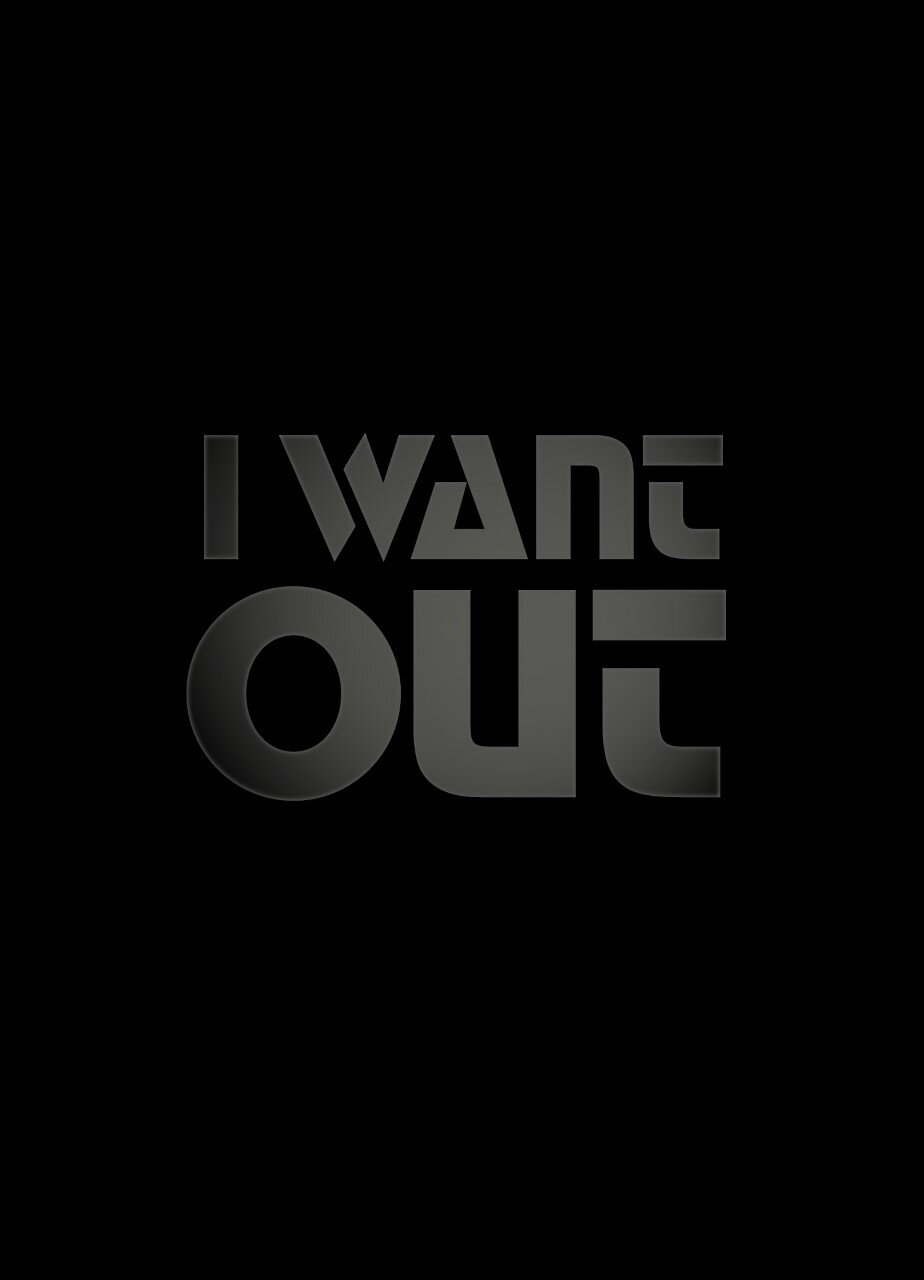Punk Passages: Punk, Ageing and Time – Call for Chapter Proposals
Writers are invited to submit chapter proposals for an edited collection of work exploring ageing, time and temporality in the context of punk.
Initial academic consideration of punk posited it as a youth culture and the positioning of punk in relation to time and historical location is of course commonplace in scholarship. This can be seen outside of academia too, for example the ‘celebration’ of the 40th anniversary of punk and the associated events which took place highlight the way punk is often link with a particular time in our collective memory. Just as punk scholarship has endeavoured to deal with the notion of punk retaining significance in individuals’ lives ‘post-youth’, empirical work has built around how punk is remembered and represented. And yet...tensions, issues and gaps remain unaddressed.
Whilst a body of work concerned with punk and ageing has begun to be developed, this is still very much in its infancy. Indeed, work approaching punk and ageing which takes into consideration intersectionality (for example speaking to also how gender, ethnicity/race, sexuality, disability and/or class intersect with ageing) is extremely limited. Similar problems are found in scholarship focusing on how punk is remembered and represented – this might entail the ‘writing out’ or the minimising of particular participants’ involvement (Reddington 2006, Stewart 2019, Wiedlack 2015), for example, or the way punk historiography assumes whiteness as the taken-for-granted subject position in punk (Davila 2019). We clearly need, as Lohman and Raghunath (2019) express, a “re-examination of how punk has entered our collective memory and our lived experience” (189); particularly involving the relationship between this and marginalized identities. To quote Wiedlack (2015) - “it is time to complicate the pictures, rather than renarrate the straight white punk history of white middle-classness, homophobia and racism again and again” (10)
Below is a list of themes/areas which chapter proposals might consider - this is by no means an exhaustive list though the key focus on punk in relation to ageing and/ or time must be retained in any broadening beyond this:
- Punk and ageing, particularly drawing upon intersectional analysis,
- The relationship between temporality and particular concepts relevant to punk including, but not limited to, authenticity, DIY, identity, resistance, spatiality, style,
- Punk pasts: for example, critiques/analyses of how punk has been posited in the past (e.g. in reference to punk’s ‘death’); problematising punk narratives; memory, remembering and/or forgetting,
- Punk futures (e.g. from the perspective of those affiliated with punk),
- Punk, ageing and/or temporality in the context of virtual spaces.
Chapter proposals which are grounded in emic perspectives are particularly welcomed as is work approached from critical/feminist methodologies and/or theoretical frameworks.
Proposals should be no longer than 500 words and e-mailed to Dr Laura Way at lway@lincoln.ac.uk – please include a working title, abstract and your contact detail.
Scholars at any point in their career are welcome to submit a proposal. Chapter proposals are particularly welcome from scholars of marginalised identities and researchers in the Global South.
Deadline for abstracts: 12th February 2021
Notification of outcome: 26th February 2021
Editors – Dr Laura Way and Dr Matt Grimes










